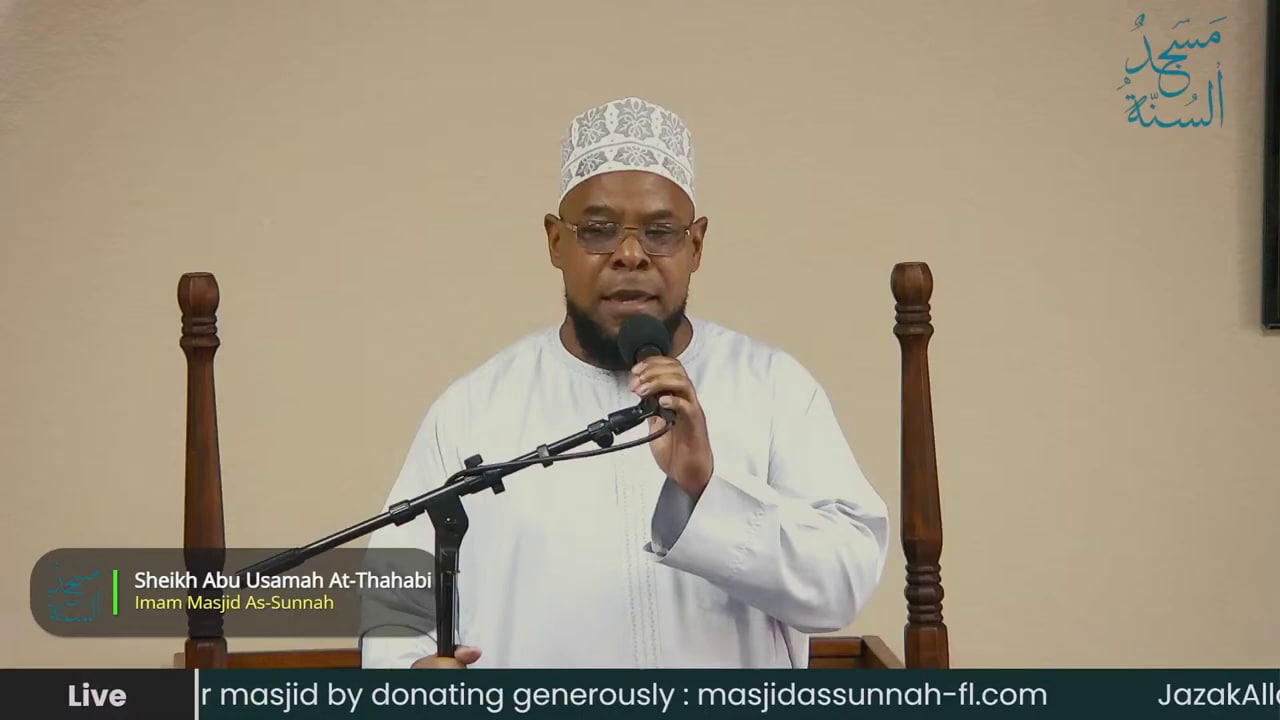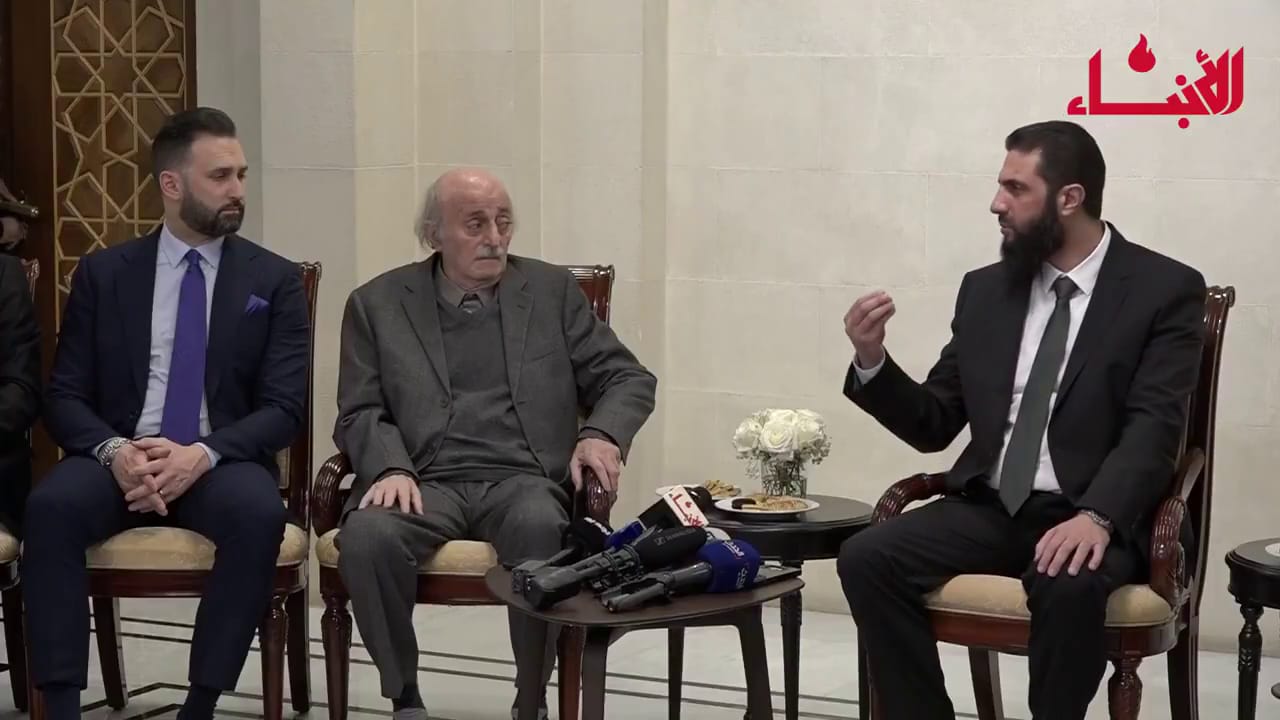
Following are excerpts from an interview with Canadian-Sudanese human rights activist Taraji Mustafa, which aired on Al-Arabiya TV on December 1, 2006.
Interviewer: Do you have any popular or official mandate to establish the Sudanese-Israeli Friendship Association, or is this your own personal initiative?
Taraji Mustafa: First of all, I do not need a mandate to talk about my personal beliefs, or those of some of the Sudanese people. None of the Sudanese friendship associations, like the Sudanese-Indian or the Sudanese-Swedish associations, and many others, needed a popular mandate. Why do I need a mandate to establish a friendship [association] with that part of the Israeli people that believes in friendship?
Interviewer: Would you agree that your comparison with the Sudanese-Indian friendship association and others is not appropriate in the case of Israel, in light of the Israeli-Arab conflict?
Taraji Mustafa: This question takes us back to another issue: Are the Sudanese Arab or not? Does membership in the Arab League mean Arab identity? In my opinion, despite all the years that have passed since we joined the Arab League and since we gained independence, we have failed, or rather, the Arab brothers have failed in making us feel we are Arab brothers. There has always been a stereotypical view of the Sudanese people... yes?
Interviewer: Did you examine the Sudanese public opinion before initiating this idea, this association, for you to be so confident in what you are saying?
Taraji Mustafa: I am talking about a very large sector of the Sudanese people. I am talking about awareness among the Sudanese intellectuals. I am talking about those Sudanese who had the opportunity to encounter the outside world, and I am talking about studies conducted among students. I did not have to feel the pulse of the Sudanese people. There are studies conducted at universities regarding the Sudanese people's readiness to establish relations with the Israeli people.
Interviewer: You founded this association in Canada. Would you agree with those who say that this diminishes its credibility, because such a step should have been carried out in Sudan, in order to have any credibility?
Taraji Mustafa: Not at all, because Sudan is currently ruled by an oppressive government. We Sudanese are prevented from even talking about our dreams, so how do you expect any association to be registered in Sudan today?
You are more familiar than me with the regime...
Interviewer: Go on.
Taraji Mustafa: The regime that conducted the most terrible war of ethnic cleansing in today's world is the Sudanese regime.
Interviewer: You talked about the intellectuals, and at one point you said that twenty Sudanese intellectuals had applied to join this association. Among these intellectuals, as you call them, are there any familiar names – in the Arab world, or even internationally?
Taraji Mustafa: I don't have to reveal this, but I would like to say one thing. From the day I wrote about the association – and it was kind of thinking out loud – my phone did not stop ringing for two days. There was an incredible response among the Sudanese worldwide. There was also a response from within Sudan, and there were students who called me, and wanted to hold a telephone interview with me, in order to approach student groups in the universities. Lawyers called me to say they were initiating a constitutional lawsuit against the Sudanese government because of the words "to all countries, except Israel" [in Sudanese passports]. Sudan is the only country to include in its passports such a clause, which deprives a very wide sector of Christians, and even Muslims, from visiting [Jerusalem] and the Al-Aqsa Mosque.
[...]
Interviewer: You talk about the Sudanese people's dreams and about a problem that is purely Sudanese. Do you want the Arabs to intervene in domestic Sudanese affairs? Is that what you are demanding?
Taraji Mustafa: They do, in fact, intervene, but they always intervene on behalf of the oppressing governments. The fact that they make their media available to the Sudanese government and adopt its position constitutes flagrant intervention in Sudanese affairs. Their persecution of the opposition...
Interviewer: But aren't these isolated cases? You must bear in mind that a large part of the Sudanese opposition was in Egypt at one point.
Taraji Mustafa: They were in Egypt on Egyptian terms. I will not go into the disappearance of thousands of opposition members in Cairo, or into the killings. Suffice to mention the killing [of refugees] in Mustafa Mahmoud Square. They were poor refugees seeking political asylum, and the Egyptian regime eliminated them.
[...]
I had the opportunity to meet some Israelis that are good people. I take this opportunity to say loud and clear that all the traditions and stereotypes I have heard about the Jews and the Israelis were wrong – at least regarding some of them. I am not defending the Israeli government, but talking about the possibility of establishing friendship with part of the people there who believe in friendship.
Interviewer: We’ve got that point.
[...]
Interviewer: Don’t you agree that despite all the peace agreements which were signed between several Arab countries and Israel, their citizens did not go to Israel in groups or individually?
Taraji Mustafa: Yes sir, and do you know why? Because these are official ties, dictated from above. I believe that this is the first time that relations are established through a popular initiative. We draw our strength from this, and are confident in the success of our steps. There is a Sudanese community in Israel today. While we were being killed in Cairo, the Sudanese refugees received protection in Israel. The Sudanese refugees were being killed in Iraq, and when they went to the Jordanian border, Jordan refused to accept them. Israel refused to give political asylum to the Sudanese, but the NGOs won their appeal against the Israeli government, and the Sudanese were awarded asylum.
[...]
The Palestinian people should not forget that we, the Sudanese people, opened our doors to them in the days of Sabra and Shatila. The Palestinians should not forget that Ja'far al-Numeiri saved Yasser Arafat in the days of Black September. Unfortunately, none of this is imparted to the Palestinian people, which, as has been proven, treats the Sudanese in the worst possible way – with racism and persecution – because they are black.
[...]
I believe the Arab media in its entirety – TV, websites, movies, and songs – should be held responsible for this racist behavior. We are sick and tired of seeing blacks in Egyptian TV series in the roles of doormen, waiters, or drivers. We are sick and tired of the stereotyping of blacks in the media, in series aired in the Gulf countries.
[...]
Interviewer: You said in this interview and on other occasions that the Sudanese Christians cannot make a pilgrimage to Jerusalem. Has any of them complained about this to you?
Taraji Mustafa: Yes, my friend.
Interviewer: Does this mean you defend human rights and the rights of the Christians more than [the Egyptian] Patriarch Shinoda, who forbade the Christians to make a pilgrimage to Jerusalem, as long as Palestinian lands are under Israeli occupation?
Taraji Mustafa: It may very well be that I defend these rights more than Patriarch Shinoda.
Interviewer: How do you explain that?
Taraji Mustafa: Because I acknowledge human rights. Patriarch Shinoda himself is a victim of the Arab media, which distorts the consciousness of the Arab individual. The Arab media is responsible for all the stereotypes instilled in us every since we were kids.














